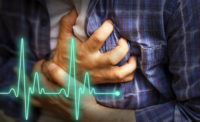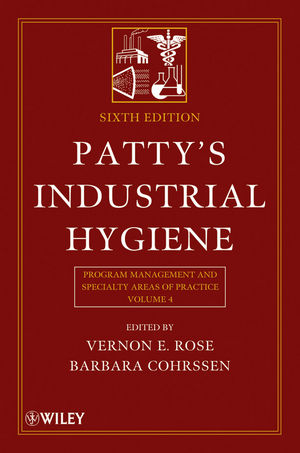
The American Red Cross has introduced what it’s calling “the next generation” of first aid and CPR training, with changes designed to save both trainees and instructors time and money.
The First Aid/CPR/AED program,which trains people how to respond to breathing and cardiac emergencies, injuries and sudden illness until EMTs, was launched March 31. According to the American Red Cross, the program incorporates the latest science, meets OSHA guidelines and now offers:
- 2-year certification with free digital refreshers
- Choice of free digital or affordable print course materials
- Concise, learner-centered course offering more hands-on skill practice
- An online learning center that allows individuals to register for courses and instructors to manage course records and print certificates.
“We believe that the new First Aid/CPR/AED program provides our customers with a better, more interactive training experience, along with greater value and convenience,” said Dr. David Markenson, American Red Cross Scientific Advisory Council chair. “Scientific updates include emphasis on quickly getting CPR started for anyone in cardiac arrest.”
“In addition, we think participants will enjoy the new courses because they emphasize hands-on skills practice,” he continued. “So when people complete their training, they truly feel confident in their skills to save a life.”
A recent Red Cross survey shows that 1 in every 4 people say they have been in a situation where someone needed CPR. Optional training covering the use of asthma inhalers, epinephrine auto-injectors and manufactured tourniquets, as well as Bloodborne Pathogens Training, are also available. The American Red Cross plans to continue expanding its training throughout 2011, with the release of CPR/AED for Professional Rescuers and Health Care Providers, Emergency Medical Response and Lifeguarding.
Anyone interested in scheduling group training should visitredcross.org or contact their local Red Cross chapter. Information and online registration is also available at:redcross.org/training.


